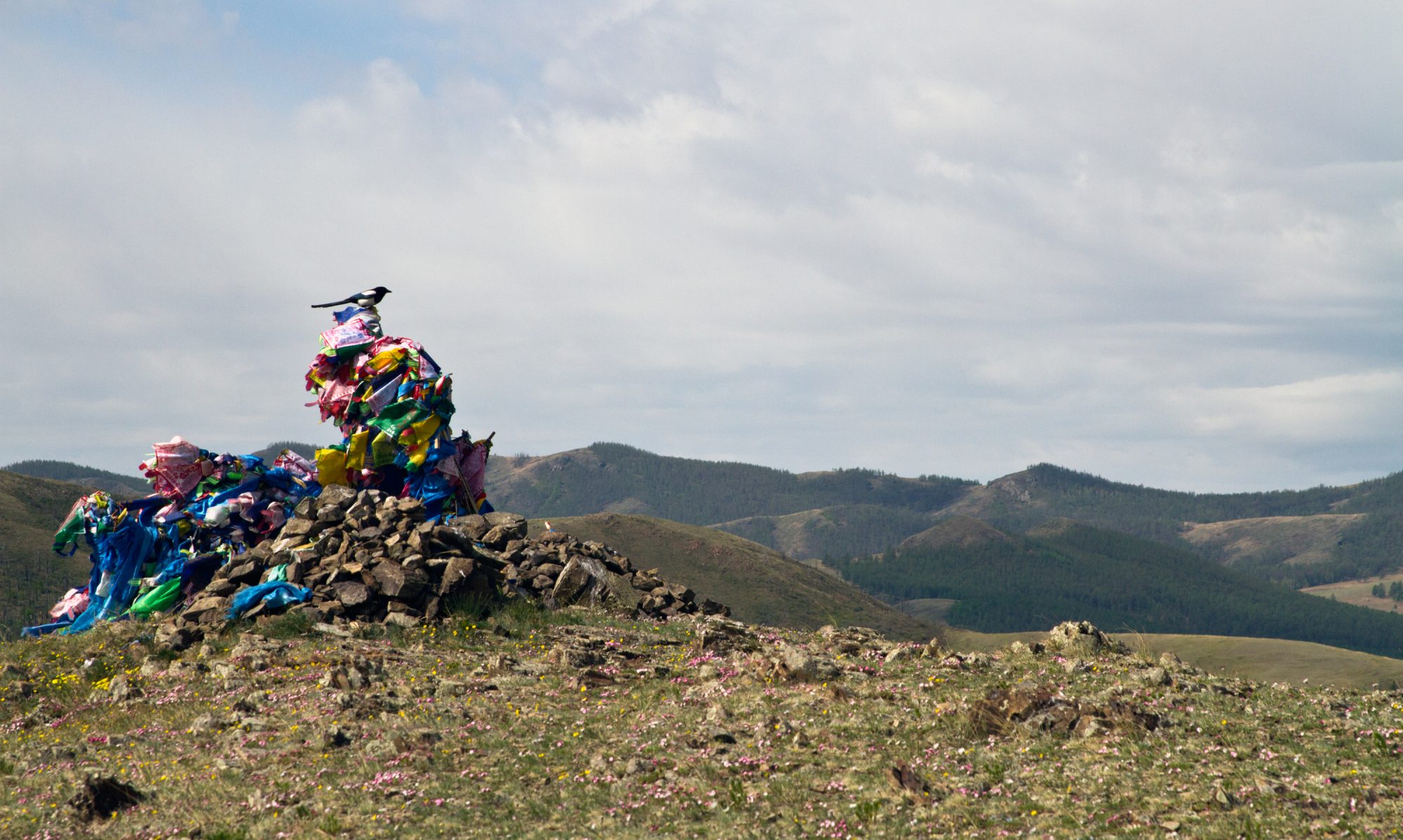And so, it was at Puerto Rico that I first made contact with the United States; for the first time I breathed in the smell of warm car paint and wintergreen … those two olfactory poles between which stretches the whole range of American comfort, from cars to lavatories, by way of radio sets, sweets and toothpaste … The accidents of travel often produce ambiguities such as these. Because I spent my first weeks on United States soil in Puerto Rico, I was in future to find America in Spain. Just as, several years later, through visiting my first English universtiy with a campus surrounded by Neo-Gothic buildings at Dacca in Western Bengal, I now look upon Oxford as a kind of India that has succeeded in controlling the mud, the mildew and the ever-encoroaching vegetation.
What strikes me more and more now as I am rereading this book is how many different ways it finds to reflect its facets on each other. I’m not sure where to find the point of origin of any of its themes. Or are they themes, like melodies in a piece of music, subject to repetition, variation, and inversion? – or are they more like the instruments, themselves invariant, producing the infinite variety of melody? Should I say that the way the scents of America are strung along a single line with conceptual endpoints is a feature of the author’s psychology? Or is it more suitable to say that the world and human nature are like that, which is why his mind reflects it? Or does it have something to do with the specific portrait the book is painting: of a world aranged in the rigid graphs of an order of concepts, where the concepts are made of fluid perceptions that merge and separate like a kaleidoscope with colored water-droplets for beads; the way his memories and experiences merge into and are shaped by his analysis and later understanding.
